
The Crazy Cats, a Japanese musical-comedy group, were showcased a series of comic adventures throughout the 1960s. Las Vegas Free-For-All, one of their most popular movies, featured scenes filmed on location in Las Vegas, Los Angeles, and Hawaii. Appearing with the seven Cats were the lovely Mie Hama and such Japanese musical artists as The Peanuts, The Johnnys, The Drifters, and Jackie Yoshikawa & the Blue Comets.
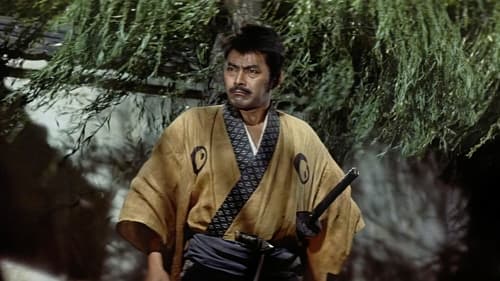
Esta impresionante historia épica ha sido a veces etiquetada como la versión japonesa de "Lo Que El Viento Se Llevó". Chusha Ichikawa personifica a un señor feudal poderoso y despiadado que lucha contra el virtuoso y joven noble, Yuzo Kayama. Ichikawa encuentra una victoria parcial cuando engaña a Kayama y lo convence de hacerse el Hara Kiri. La venganza será realizada por los cuarenta y siete samuráis de Kayama. Basada en una leyenda japonesa venerable, la historia de Chushingura ha sido filmada en varias ocasiones, pero sólo la versión de 1941 (47 Ronin) estuvo a la altura de la versión de 1962, del gran director Hiroshi Inagaki.
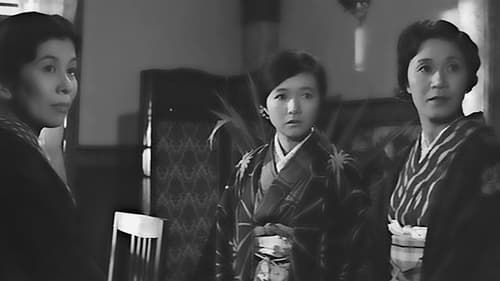
Considered one of the finest late Naruses and a model of film biography, A Wanderer’s Notebook features remarkable performances by Hideko Takamine – Phillip Lopate calls it “probably her greatest performance” – and Kinuyo Tanaka as mother and daughter living from hand to mouth in Twenties Tokyo. Based on the life and career of Fumiko Hayashi, the novelist whose work Naruse adapted to the screen several times, A Wanderer’s Notebook traces her bitter struggle for literary recognition in the first half of the twentieth century – her affairs with feckless men, the jobs she took to survive (peddler, waitress, bar maid), and her arduous, often humiliating attempts to get published in a male-dominated culture.

Toho comedy shot in Tohoscope featuring performances from the Peanuts and the Crazy Cats. Original released alongside another Toho comedy, King Kong vs. Godzilla.

Call Girl Kyoko
Japanese neo-noir crime drama movie directed by Jun Fukuda

A woman and her daughter are in love with the same man, a chef at the restaurant that the mother manages. He is slightly crippled from frostbite in his years in Siberian labor camps and considers himself "already dead."

Keiko acaba de ver morir a su esposo y tiene que valerse por sí misma. Se convierte en patrona del bar Lilac en Tokio. Además de pagar su apartamento, se siente obligada a ayudar económicamente a su hermano, en paro y enfermo de polio. Yuri, una joven señorita de compañía que trabajaba con Keiko, se marcha tras seducir a Minobe, uno de los más ricos clientes de esta última. Sin embargo, Keiko se opone rotundamente a relacionarse con ricos patronos e insultar la memoria de su esposo, a diferencia de numerosas geishas.

7th film in the President series and the first entry in color.

Hajino
Historical drama about a sleepy-eyed ronin.
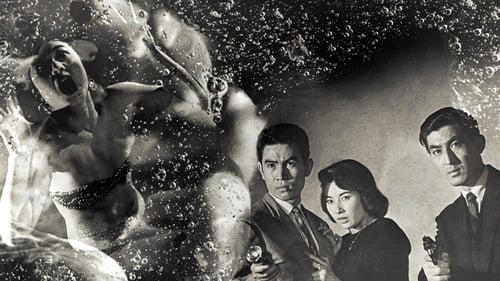
Hanae
Nuclear tests create a radioactive man who can turn people into slime.

Makiko
Aiko, a bar hostess, falls for the son of a company president who also keeps a mistress, and whose family disapproves of his relationship with the bar hostess.

An Ishiro Honda film.

An Ishiro Honda film.

Historical drama about a sleep-eyed ronin

Historical drama about a sleepy-eyed ronin.

Yoshiko Hosokawa (Chisako's elder sister)

The third instalment in the Shacho Series.

The 40th and final "Tengu Kurama" feature starring Kanjuro Arashi.

Kiyoko (Takamine Hideko) and her husband want to open a coffee shop. She becomes increasingly close to the bank clerk (Mifune Toshiro) she's asked for a loan.

Period romantic drama.
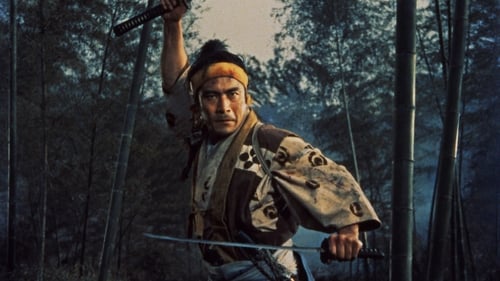
Kogure
Tras años recorriendo multitud de lugares, labrando su reputación como el más grande luchador del Japón, Takezo regresa a Kioto para enfrentarse al líder de la más prestigiosa escuela de samurais de la región. Como demostración de su valor, Takezo se dirige deliberadamente hacia una emboscada preparada por los seguidores de la escuela, mientras el joven y brillante luchador Sasaki Kojiro le observa, con el convencimiento de que puede derrotar a Takezo...

Tamie Matsuo
A narcotics investigator for the harbor police, Eiichi Tsuda, is driven by thoughts of vengeance for the overdose death of his brother and the subsequent decline and death of their mother. Tsuda acts viciously and with disdain for legal niceties in his exploration of the criminal facts behind the explosion of a freighter in the harbor. He goes undercover with a band of drug smugglers, but his methods threaten to destroy him as well as his case.

A legendary gangster raises himself out of a small town and gathers followers on his rise to power.
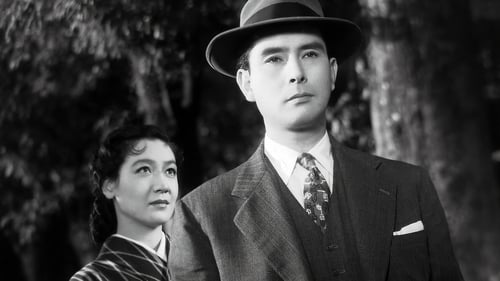
Shuichi, hijo de Shingo, un próspero hombre de negocios de Tokio, vive con sus padres y su esposa Kikuki en una confortable casa. Por las tardes, se queda a menudo en la capital, bebiendo y divirtiéndose con su querida. Kikuko aguarda pacientemente su regreso a altas horas de la noche. Shingo, hombre sabio y de talante moderno, es consciente de los desenfrenos de su hijo y compadece a la solitaria Kikuko. (FILMAFFINITY)

Every year, at the festival, familiar merchants such as Toraemon, a magic trick, Tokubei, a blowgun, Kaji, acrobatics, and Unsaibo, a ritual, gather toward the port town.

Shiro Yabe, a young gangster who boarded the second class on the Tokaido Line after finishing a dangerous smuggling transaction in Kobe, is next to a beautiful woman with a sad face.











